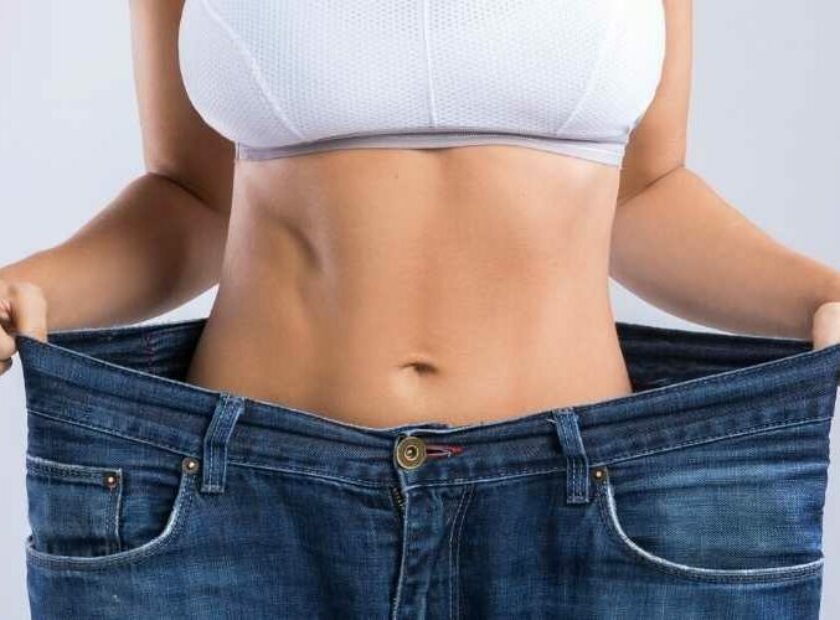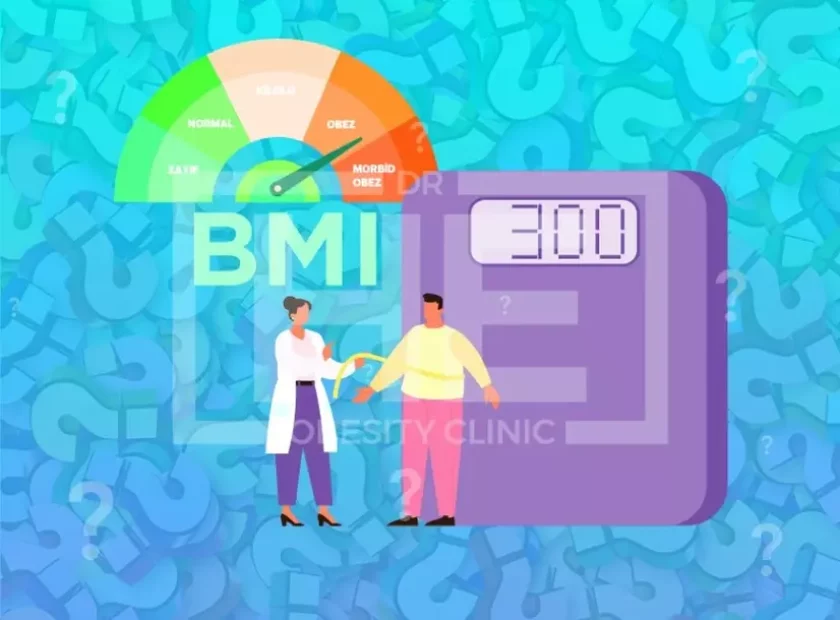
A Guidelines For Weight Loss Surgery Diet Plan As Dr. HE Obesity Clinic, we always say that “having a weight loss surgery is just one step.” The main thing is how to go through the process after the surgery. And nutrition is the most important part of this process.
That’s why we wanted to make a video about the nutritional processes after weight loss surgery. In this video, our lovely dietician Rd. Serra Uçtum is talking about the whole nutritional processes that you should follow.
With this video, we wanted to inform our patients who undergo weight loss surgery and show the nutritional processes to everyone who is considering bariatric surgery.
With 20 years of experience in gastric sleeve, gastric bypass, gastric balloon, and gastric botox treatments, Dr. HE Obesity Clinic is always with you. ?
What is a bariatric diet?
When you decide to have surgery, you should get information from your dietitian for your nutrition after surgery and know the processes exactly. During this period, your diet requires sufficient energy, macro and micronutrient intake to support tissue recovery and lean body mass after surgery during weight loss.
Second, foods and drinks consumed after surgery should minimize problems that may occur, such as nausea, vomiting, reflux, early satiety/ clogging sensation, dumping syndrome, while maximizing weight loss.
In short, after surgery, you should know that you have a nutrition program to support your operation and heal you, not to weaken you.
What does the bariatric diet consist of?
Bariatric surgery is the most effective method for morbidly obese patients to maintain weight loss. The patient should be evaluated by a multidisciplinary team before surgery in order to get a permanent and successful result from obesity surgery. Again, follow-up after surgery should be done by this team.
The dietitian plays a major role in the pre-and post-bariatric surgery follow-up and determination of diet-related nutrition program and evaluation of nutritional status. By examining the patient’s previous lifestyle, it helps to detect errors, nutritional problems and create a healthy lifestyle after surgery.
Follow-up after surgery is the most important step of this process. The importance of nutrition after surgery occupies a great place in increasing the success of obesity surgery. Research has shown that patients who work with a dietitian after surgery provide longer and permanent weight gain.
What can you drink on a bariatric diet?
In the process of bariatric dieting, you must necessarily consume plenty of water. Water is your most important weapon.
From the second day, you will start taking sugar-free, grain-free, caffeine-free, non-carbonated liquids that we call clear liquids, for example, compote juices without sugar, filtered vegetable juices without spices, lean, diluted meat/ chicken broth, unsweetened lemonade.
The main thing here is not only to get a calorie but also to ensure body hydration, as well as stimulate the activation of the gastrointestinal tract. Daily consumption of 1500-200ml of liquid should be targeted so that you can drink 30-60ml of liquid per hour, sip by sip.




